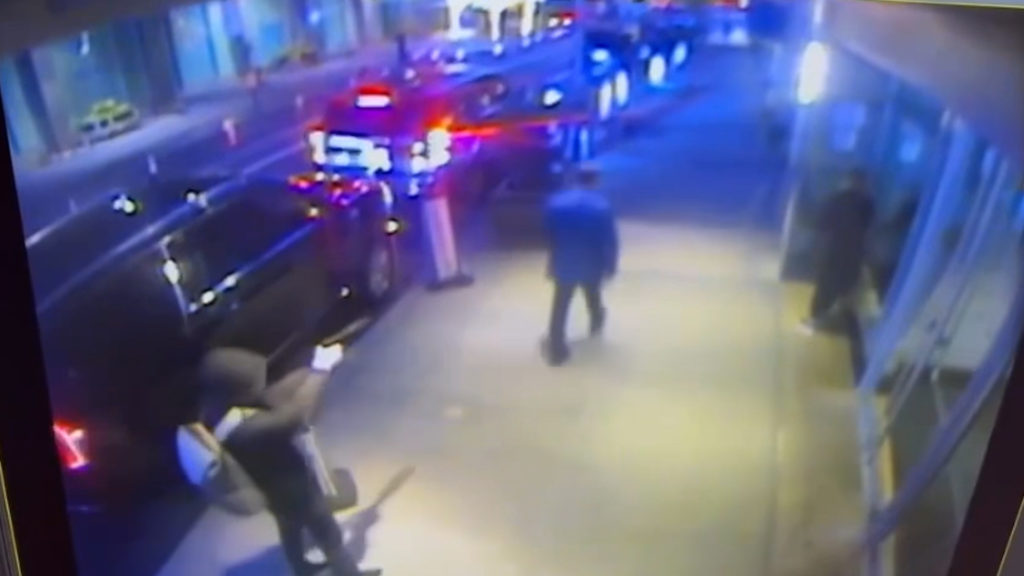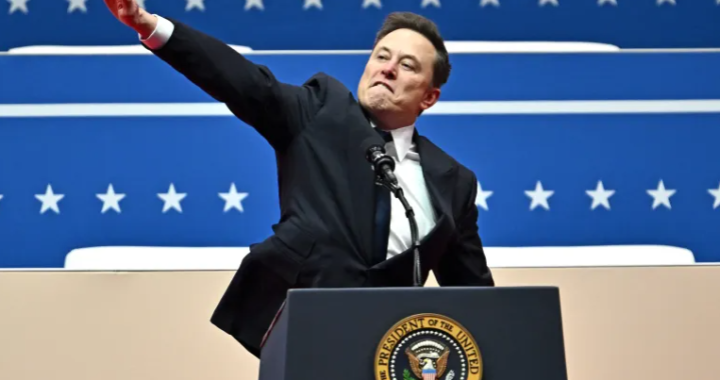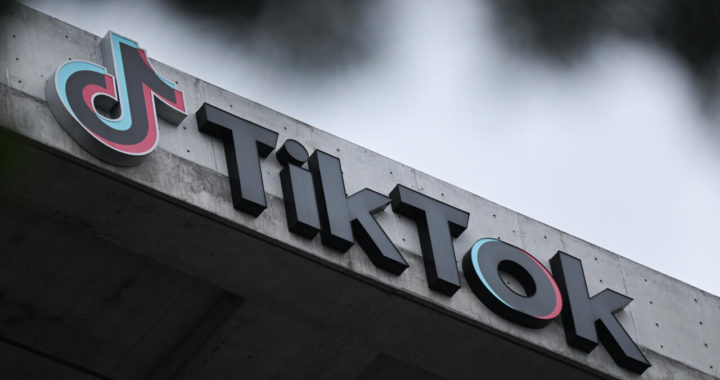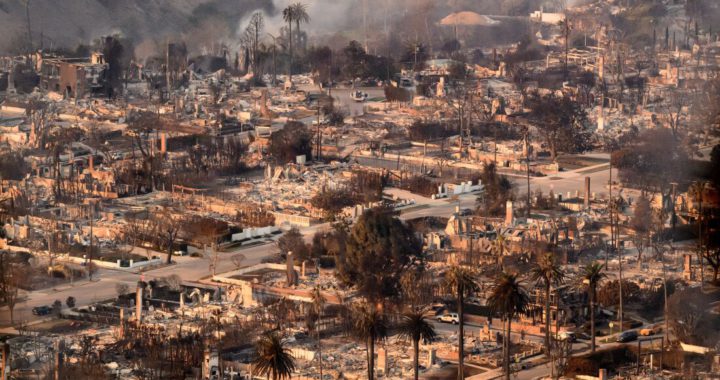Reactions to CEO Killing Reveals a Country on the Brink
3 min read
On Dec. 4, UnitedHealthcare CEO Brian Thompson was shot to death before a shareholder meeting of his company in Midtown Manhattan. Thompson’s killing, even before any motivation had been established, prompted significant media coverage and statements of condemnation and shock from American politicians. At the same time, users on social-media platforms such as TikTok and X responded in a way that was far less mournful. Many users derided the predatory nature of the health-insurance industry, joked that Thompson’s death was due to a pre-existing condition that would void his life insurance, and occasionally celebrated his death as a symbol of the American people’s frustration with their conditions.
Both the reactions of politicians mourning Thompson’s death and social-media users’ celebrating or expressing their ambivalence to it are noteworthy. To begin with the former, it is no news to anyone that gun violence in the United States is a major social epidemic. The Gun Violence Archive reported that 18,874 people in the country died because of firearms in 2023, excluding suicides. This represents a proportion of the population that is dramatically higher than in any other country in the developed world. It averages out to roughly 52 deaths each day. Statistically, Thompson’s death was just one of at least dozens on Dec. 4, yet his received an astronomically larger amount of media attention.
People frequently say that any death is tragic, but the attention of journalists and politicians suggest that some are far more tragic or noteworthy than others. While a small amount of this attention could be attributed to the fact that Thompson was killed in an area of New York City with very little violent crime, most of it is due to his status as a CEO and millionaire. It is certainly not due to any personal notoriety or fame on his part. Thompson kept a low profile and did not even have a Wikipedia profile during his lifetime. Instead, it appears that Thompson’s death has become more of an event than those of thousands of victims of gun violence because of his wealth and executive status.
The statements from politicians such as Minnesota Sen. Amy Klobuchar, Minnesota Gov. Tim Walz, and New York Gov. Kathy Hochul reinforce this. Statistically, these politicians’ constituents are killed due to gun violence all the time, but these murders almost never result in official statements from them. Thompson’s death was granted a level of prestige and tragedy due to his position in society. This response emphasizes a message that Thompson’s death is less acceptable due to the wealth he accumulated and the financial power that he wielded. The context of these statements and the absence of statements following the vast majority of gun murders in the United States communicates that as a society, no matter how present gun violence is in our lives, we cannot allow people like this to become victims of it.
These statements thus become incredibly tone-deaf when contrasted with the popular reaction to this event on social media. Most Americans have either personally been forced into financial hardship as a result of the country’s health-care system or know someone who has. The health-insurance industry is a perfect symbol for the greed and lack of empathy that is at the core of the country’s economy. The presence of extreme medical debt and bankruptcy as a result of emergency procedures demonstrates that our society fundamentally values peoples’ lives differently based on their wealth and what they can afford, just as our politicians attach different levels of significance to peoples’ deaths for the same reason.
It should come as no surprise that Thompson’s killing has been seen not only as the tragic death of a man, but as a symbol for the release of pent-up frustrations with American society. People in our working and middle classes have been furious about their conditions for a long time, and even more upset by the inability of the country’s political structures to do anything to resolve their issues. There is instead an overwhelming consensus from our country’s elites that the current system, regardless of any minor problems, is essentially fine and should basically be maintained. This is wildly out of step with a general public that is increasingly desperate for dramatic change. If our society is unable to enact this change through legitimate, legal means, American citizens will increasingly reach breaking points and crash out in destructive, violent ways,
-ElephantPrint




